Description
Bermuda grass hay for sale Learn about its nutritional value, uses for horses, cattle, and other livestock, select the best quality hay for your animals.
Bermuda grass hay for sale
Bermuda grass hay is a popular choice for many farmers and ranchers due to its high nutritional value, palatability, and adaptability to various growing conditions. This warm-season perennial grass is native to tropical and subtropical regions of Africa, Asia, and America, and is now widely cultivated in many parts of the world. In this article, we will explore the benefits and uses of Bermuda grass hay, as well as its nutritional content and growing requirements.
Benefits of Bermuda Grass Hay
Bermuda grass hay offers several benefits for livestock, including:
- High Nutritional Value: Bermuda grass hay is rich in protein, digestible fiber, and minerals, making it an excellent feed source for animals. The protein content of Bermuda grass hay can range from 8% to 15%, depending on the maturity stage and growing conditions.
- Palatability: Bermuda grass hay is highly palatable to livestock, which means that animals are more likely to consume it willingly. This is important for maintaining their health and productivity.
- Adaptability: Bermuda grass is adaptable to a wide range of soil and climate conditions, making it a versatile feed option for farmers and ranchers. It can grow in sandy, loamy, or clay soils and can tolerate drought and heat.
- Persistence: Bermuda grass is a persistent grass that can regrow quickly after cutting or grazing. This makes it an ideal choice for hay production or pasture rotation.
Uses of Bermuda Grass Hay
Bermuda grass hay is commonly used as a feed source for:
- Horses: Bermuda grass hay is a popular feed option for horses due to its high nutritional value and palatability. It is often used as a primary feed source for horses that are not in heavy work or breeding.
- Cattle: Bermuda grass hay is also used as a feed source for cattle, particularly in areas where other forage options are limited. It is often used as a supplement to grain or other feed sources.
- Small Ruminants: Bermuda grass hay is suitable for small ruminants such as sheep and goats. It can be used as a primary feed source or as a supplement to other forages.
Nutritional Content of Bermuda Grass Hay
Bermuda grass hay is a good source of protein, digestible fiber, and minerals. The nutritional content of Bermuda grass hay can vary depending on the maturity stage, growing conditions, and fertilization practices. However, on average, Bermuda grass hay contains:
- Crude Protein: 8% to 15%
- Acid Detergent Fiber (ADF): 25% to 35%
- Neutral Detergent Fiber (NDF): 45% to 60%
- Calcium: 0.2% to 0.5%
- Phosphorus: 0.2% to 0.4%
Growing Requirements of Bermuda Grass Hay
Bermuda grass requires full sun and well-drained soil for optimal growth. It prefers a soil pH between 6.0 and 7.0. Bermuda grass is a warm-season grass that should be planted in the spring or early summer when soil temperatures are above 65°F. It can be established by seed, sprigs, or sod. Bermuda grass should be mowed regularly to promote lateral growth and prevent it from becoming too tall and stemmy.
Conclusion
Bermuda grass hay is a versatile and nutritious feed option for livestock. Its high protein content, palatability, and adaptability make it a popular choice for farmers and ranchers. Bermuda grass hay can be used as a primary feed source or as a supplement to other forages. To ensure optimal growth and nutritional content, Bermuda grass should be planted in well-drained soil with a pH between 6.0 and 7.0 and mowed regularly. With proper management, Bermuda grass hay can provide a sustainable and reliable feed source for livestock.
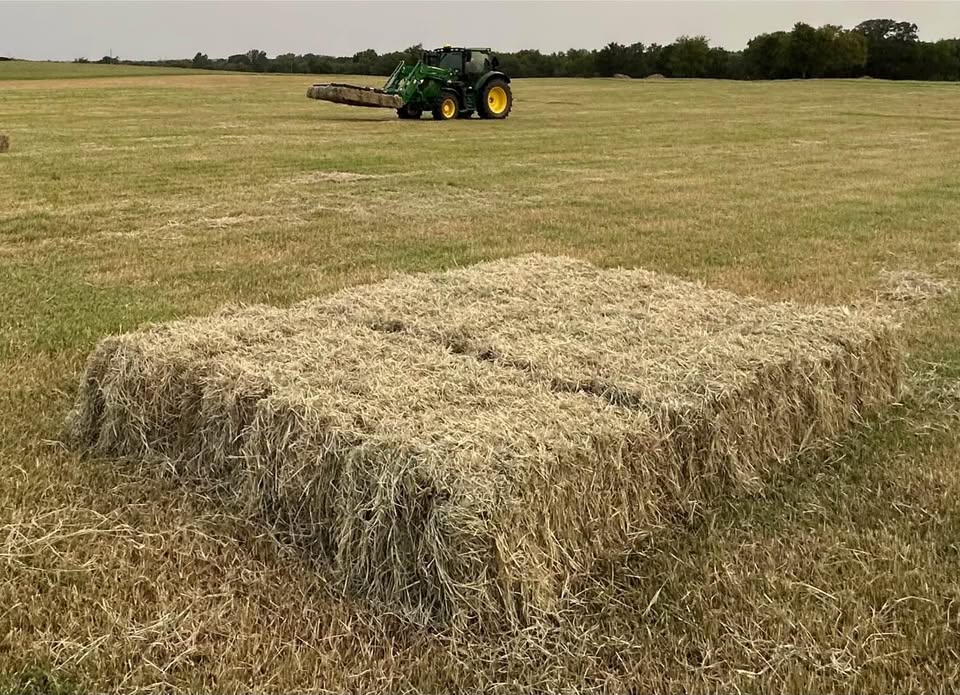
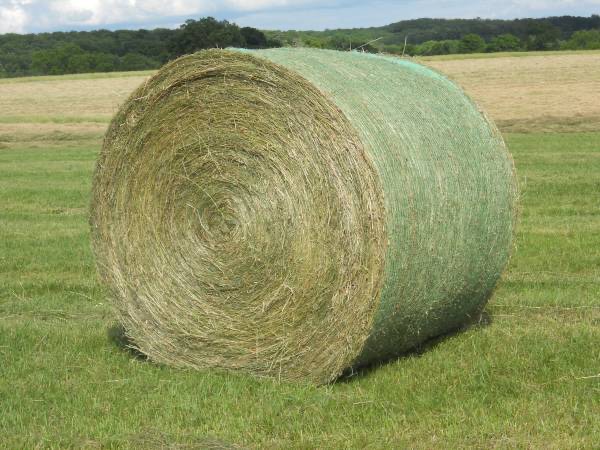

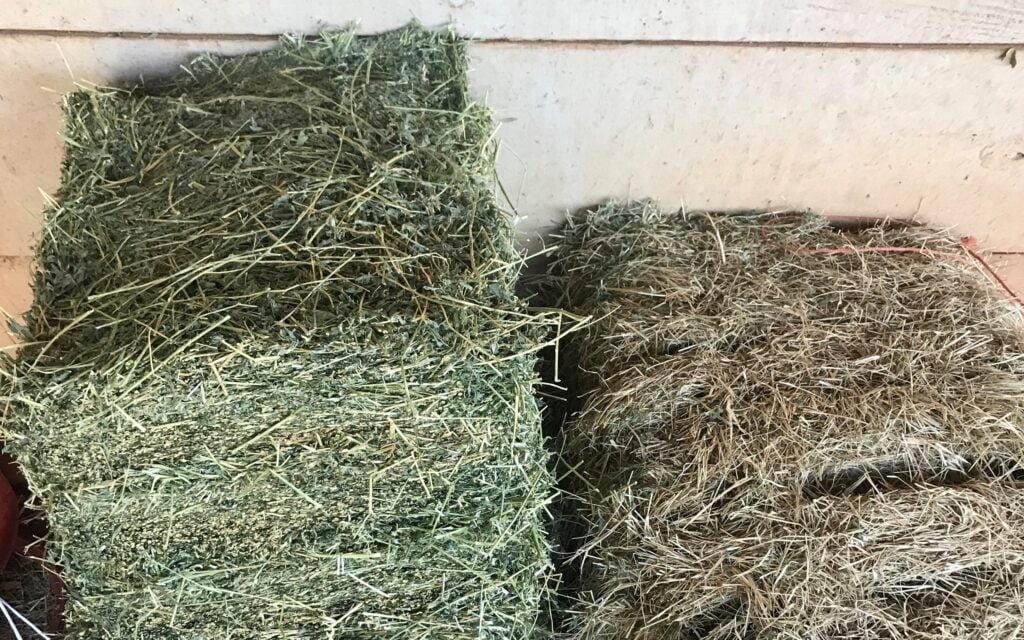
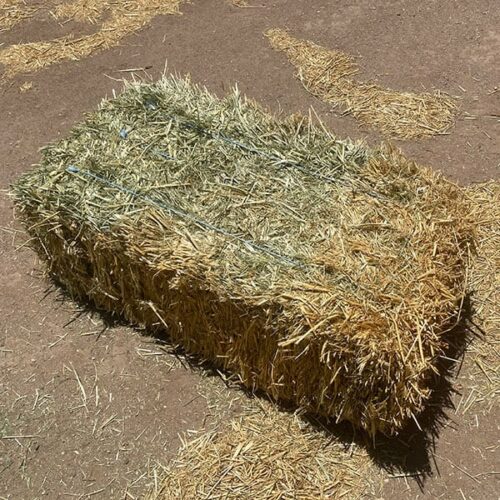
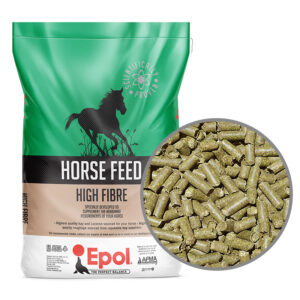
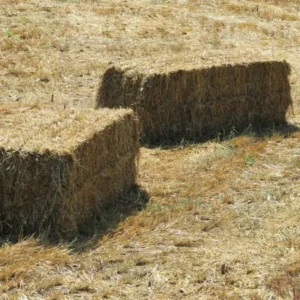
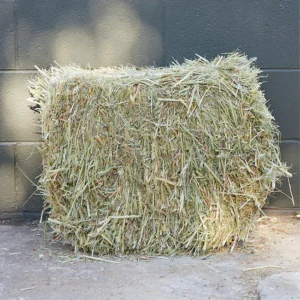



Reviews
There are no reviews yet.